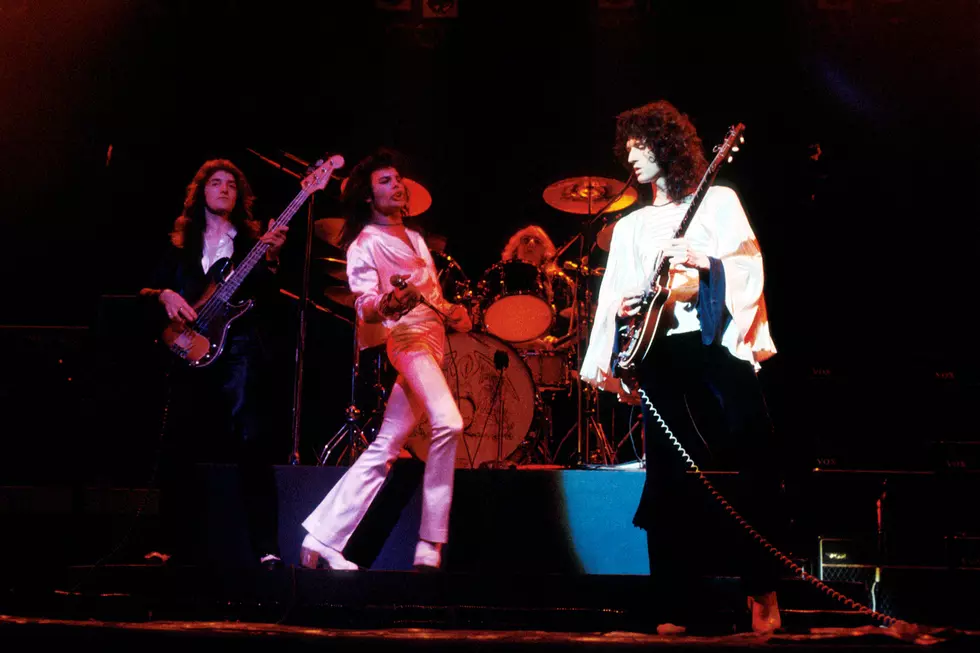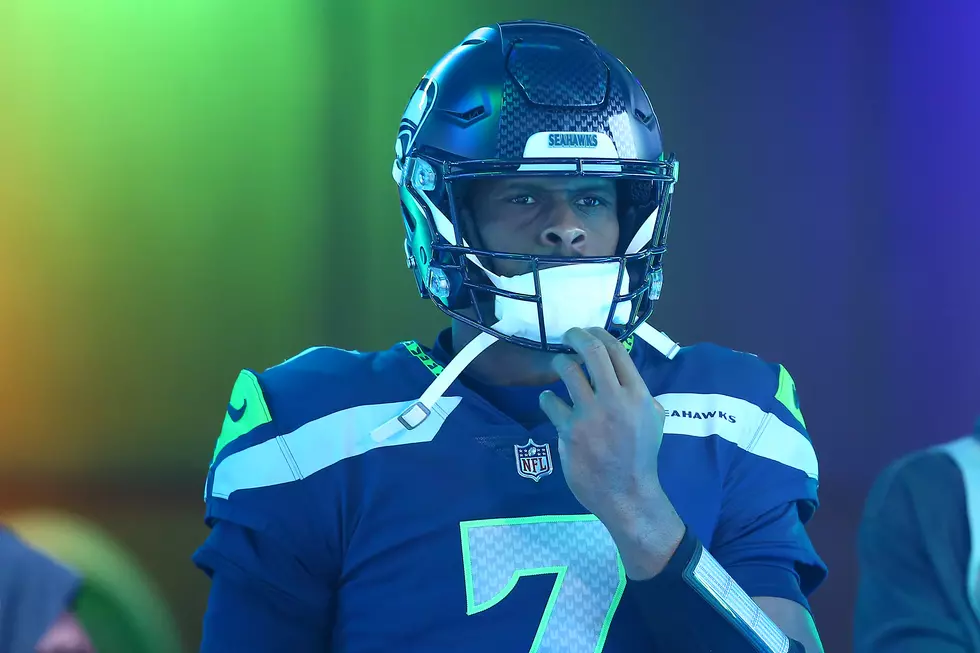
Why Queen Was Never Happy With Their Debut Album
Brian May recalled the disagreements that meant Queen was “never happy” with their self-titled debut album.
Released in 1973, the LP set them on course for success. But in a new interview with Total Guitar, May said their experience at London’s Trident Studios was a disappointing one.
He recalled telling producer Roy Thomas Baker, “This isn’t really the sound we want, Roy,” only to be told, “Don’t worry, we can fix it all in the mix.” May noted, “Which of course is not the best way, is it? And I think we all knew: It ain’t going to happen!”
May said he was also unhappy with how his guitar parts were rendered on the album: “That was a bit of a fight as well because people had discovered multitracking, and there was this feeling that everything ought to be multitracked. So you play a solo, and the first thing people say is, ‘Oh, do you want to double-track that?’ And maybe you do. But maybe you don’t. Because sometimes you want to hear the personality, the attack, and the feeling in the moment when you do that one track.
"So there [were] an awful lot of overdubs on that first album, which I would say now [were] unnecessary, and perhaps made it a bit more stiff than it otherwise would have been," he added. "Having said that, I think the songs are very representative of where we were at the time. We were evolving. … You can hear in the first album that we were finding our style."
Listen to Queen's 'The Night Comes Down'
May was also pleased with the track “The Night Comes Down” because it was an example of Queen pushing their vision through against the received wisdom of the time. “People in those days used to say, ‘You can’t mix electric guitar with acoustic guitar.’ Nowadays that sounds pretty funny, but it was a belief that people around studios had, you know? They would say the electric guitar is too loud for the acoustic. And I went, ‘Come on! It’s just a question of balancing in the mix.’
“So with ‘The Night Comes Down,’ it’s based on acoustic guitar, my beautiful old acoustic. But the guitar harmonies are all electric. And that was a beginning, sort of like a demonstration: ‘Yes, we can do this – we can make our own rules!’”






